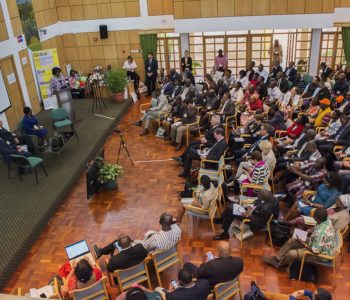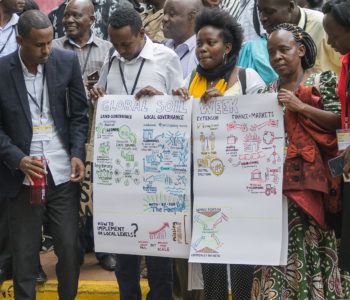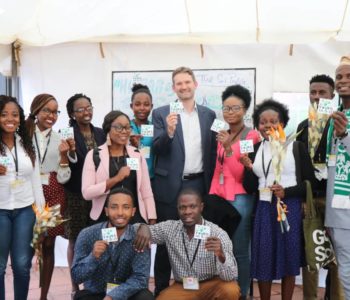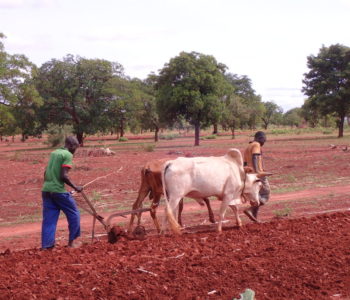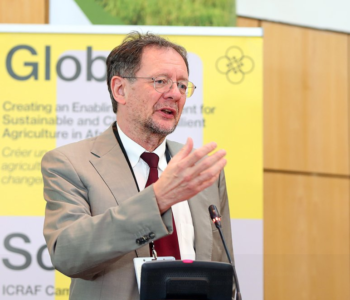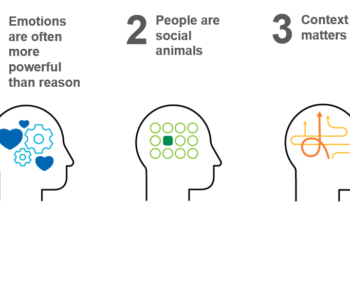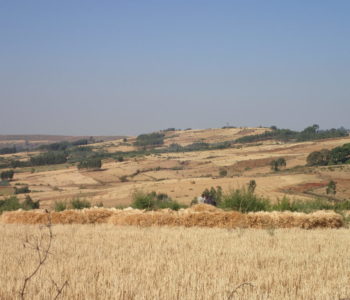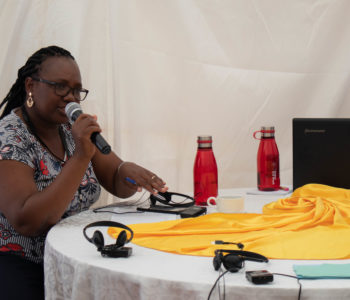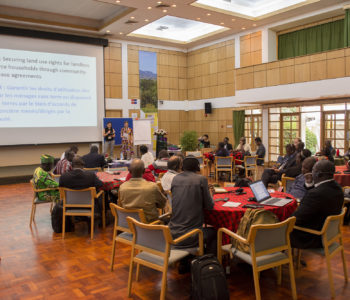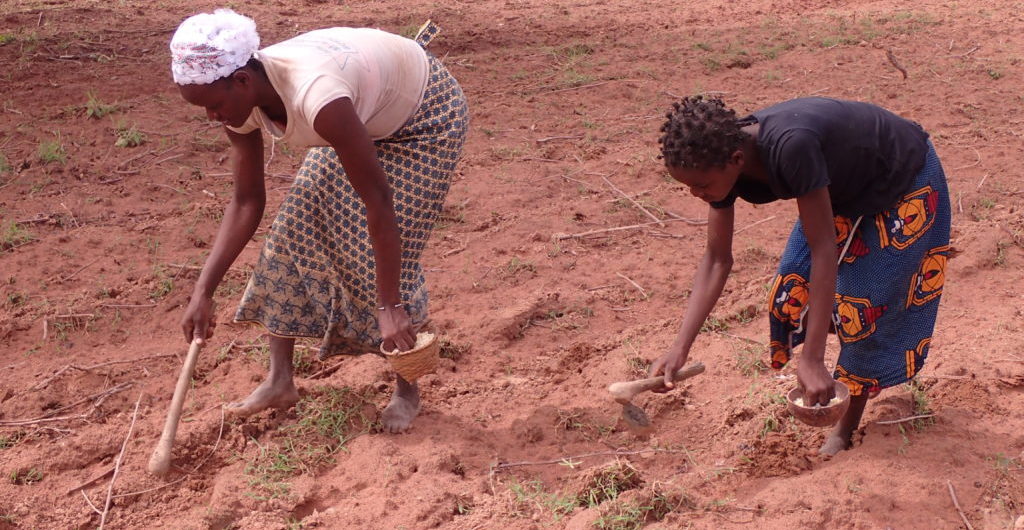
Becoming an Enthusiastic Female Farmer
Becoming an Enthusiastic Female Farmer
A blog post by Dolapo Adeyanju
Opinions and discouragement from my family and friends that women cannot be a successful farmer almost make me re-think if I should consider a career in agriculture or opt for the trending course. Amid mixed opinions and doubts, I settled for a course in agricultural economics and extension.
In my first class for a practical crop production course named AEE 202, bright grins covered my face with thoughts of how I cannot wait for a learning experience on the school farm, one of the biggest farms in Nigeria.
Being an agricultural and extension student, some of my classes on agricultural extension and women in agriculture were discouraging but my decision remains firm to make a career out of farming. The negative stories of women suffering in agriculture were regular advice from close families and friends, but my decision remains firm.
The unpalatable farm experiences
It’s a new dawn to go to the farm for my AEE 202 course and the excitement, expectations and tension were high. In my green laboratory coat and rugged over-sized black rain boot from my father, I head straight to the farm, encouraging myself with the African golden words – “This is it, oh blessed proud daughter of her father.”
It was the very first farm visit for me and after minutes of driving the bus suddenly stopped in the middle of the bush with my heart skipping like It was going to stop. The car could not move and thus, a means to walk to the farm was the next suggestion from the lecturer. In the middle of the complaints, I alighted from the bus with a bag packed with food, snacks and a water bottle.
Walking to the farm through the poor road linkage – a shattered dream from erosion, I can only compliment myself with my 2 litres of water. In my thoughts, I asked, how do people get to their farms using the unpalatable road.
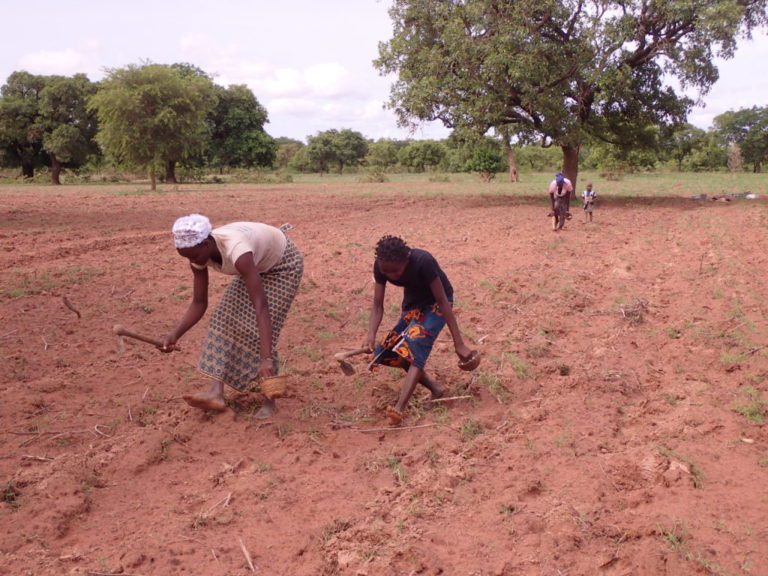
The walk was not a sweet one but finally we got to the farm and here comes the excitement to get down to work and test my decision to become a farmer. Accompanied by farmers who are old men, we were showed around the farm with stories of their farming experience. The challenges learned in class resonated with the farmer’s stories, listing from poor road network, lack of access to credit, lack of sufficient extension services and high transaction cost.
In my curiosity, I asked about the women in agriculture and the question was a big slap, knock and blow altogether. The explanation given was the assertion that women belong to the kitchen and are meant to help their husbands on the farm but not allowed to own farmlands as all the lands belong to men. I asked in awe of curiosity if women work while the men spend the proceeds and it was a disappointing truth that the farmers nodded in agreement to this arrangement.
The practical farm work was concluded, and the students departed from the farm but the thoughts and statements from the farm keeps bothering my mind. To relieve myself of the experience, I concluded that the world, particularly Africa, must move away from its restrictive tradition holding women and young people back from becoming a farmer. To make a difference, I re-engineered my interest and commitment to study agriculture and change the status-quo.
Women land ownership
Upon graduation from the university some years back, I am excited today to have seen, read and heard about numbers of successful female farmers. Women who broke social and traditional rules to achieve their goals in the agricultural sector. One such success story from Africa is of Alice Kaudia, a Kenyan born woman who against all odds became a successful farmer.
In sharing her personal experience during the opening first day of Global Soil Week 2019, Alice, said that female farmers are faced with numerous challenges which are evident in most African countries. She further explained that women do not have the right to own land due to the current land transfer structures.
Land ownership in most African countries is by inheritance and the lands are transferred to male children. Although in countries where constitutionally, a specified hectare of lands is to be transferred to women, the laws are violated and ignored.
Violet Shivutse, a women leader from Shibuye Community Health Worker Project in Kakamega County of Kenya, mentioned during the conference that women are vulnerable in accessing land. She reiterated that few women have the resources to purchase or acquire land on lease. Hence, leaving many women who are so enthusiastic about farming to end up as mere farm workers.
Violet explained that aside access to land, women’s productivity is low as compared to men because of lack of access to finance, lack of access to other farm resources, multi-tasking and engagement in numerous activities such as domestic and other marital obligations. The phrase resonates with different findings and studies that women provide most of the labor used on the farm.
Re-engineering land accessibility for women
To address the identified challenges and change the societal norms, the questions were evidently answered during the first day of the Global Soil Week 2019 with recommendations as follows:
Firstly, women should be recognized as an important asset that can drive sustainable agricultural development which will change the general perception that women should not own land. In her remarks, Alice Kaudia, an eco-entrepreneur and a co-facilitator for the conference, said that access to land will help to facilitate timely decision making among women and invariably lead to increased productivity and better livelihood.
Secondly, the approach adopted by the Shibuye Community Health Workers is a brilliant approach that can be adopted to increase land access by women as well as provision of financial assistance to women through a community resilient fund to enable them to acquire land on lease and acquire resources required for farming.
As the saying goes, Rome was not built in a day, but the reality remains that the lands in Rome were not left untapped. It is, therefore, important that community collective actions will help to drive women in agriculture and to their promise land to become a successful farmers.
I am a woman, I am energetic, I am a farmer and I will continue to lend my voice to raise more female farmers.
